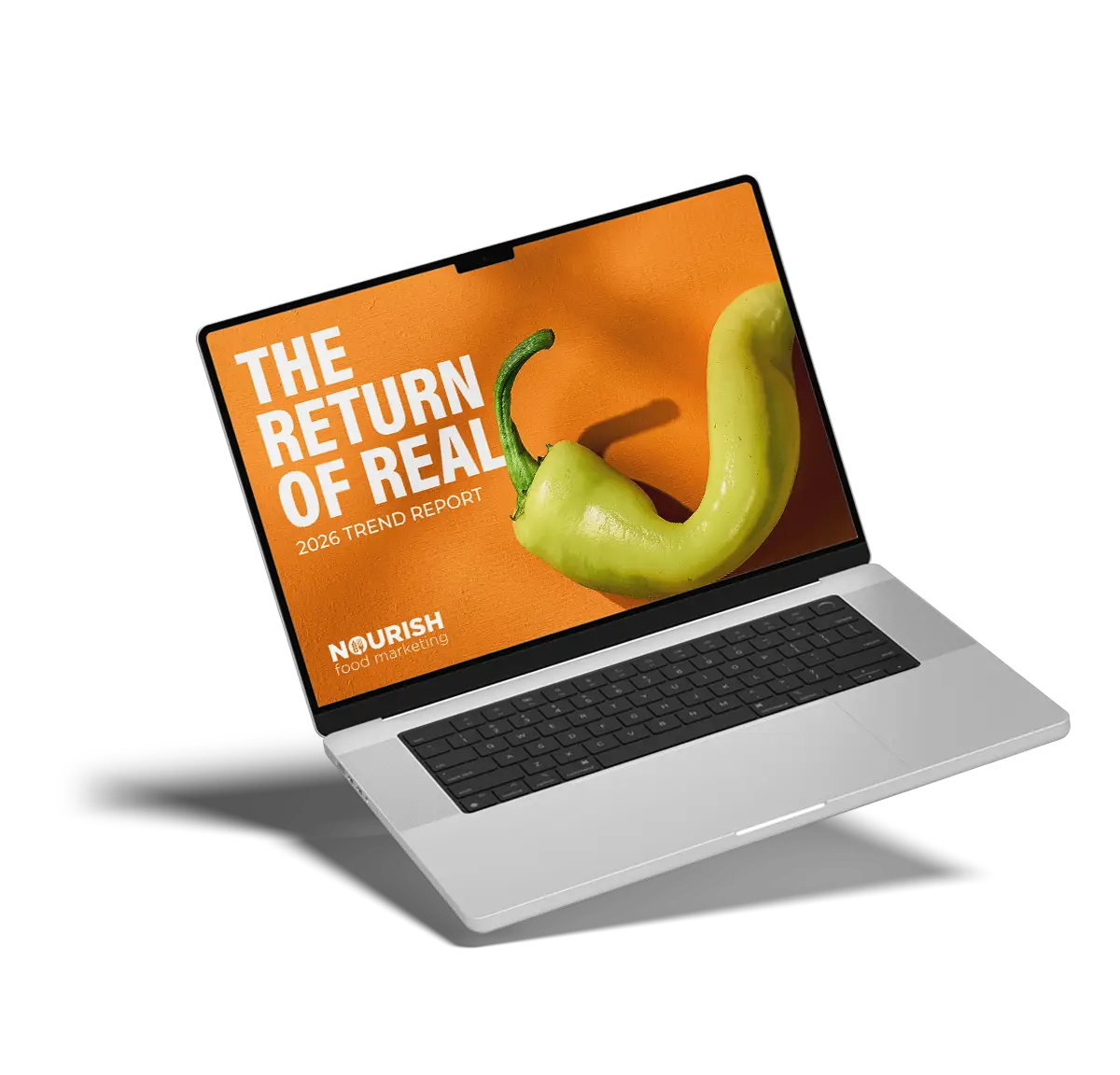The world came to a standstill as the global spread of COVID-19 began earlier this year. While we got used to social distancing measures like how to navigate essential work and travel, we started thinking about cultural and religious celebrations. Birthdays are now observed as Zoom parties and porch gatherings with lineups of well-wishers driving by to show their love from a distance.
Passover, Good Friday, and Easter came along after the first few weeks of closures, making these the first major religious observances during social distancing. Churches were empty, but hearts were full, and families made it work. And now, for so many Muslim Canadians, Ramadan is the next religious observance we will see during the pandemic.
Ramadan is a spiritual month in the Islamic calendar where the almost 2 billion followers worldwide abstain from food and drink during daylight hours. Despite this, the month is centralized around food and gatherings through communal breaking of the fast and nightly congregational prayers. Everyone, including religious leaders, is taking to technology and out-of-the-box thinking (like this drive-through Iftar set-up in Winnipeg - Iftar is the nightly breaking-of-the-fast meal during Ramadan) more than ever to ensure Muslims remain connected during this unprecedented time. But businesses in the foodservice industry are struggling. How will Ramadan change this year for restaurants?
Halal foodservice is feeling an extra pinch this Ramadan
All industries have felt the impact, with many businesses pivoting to a different model or trying to balance out the drastic swings of their current one. The foodservice industry is one of the hardest hit. Independent halal restaurants serving the Muslim community are among the many searching for ways to maintain their income.
Halal restaurants depend on the month of Ramadan to even out their annual sales. This season can make or break them. Pandemic aside, a few major challenges stand in their way, such as heavy evening traffic and almost non-existent sales during the day. Add in social distancing, and it becomes nothing short of a mad scramble for sales.
Slice of the 6ix, a GTA-based pizza and fast food restaurant, opened for business in October 2019. Entering into the slow season meant they could get their operations up and running before the upcoming Ramadan and summer seasons. “We’ve seen a huge drop in business after COVID hit, just like every other restaurant,” according to one of the restaurant’s owners. “But because we’re new, we don’t meet a lot of the eligibility requirements for various government support programs being offered.”
On top of rent, fixed costs remain the same, and other expenses increased, like PPE and cleaning supplies. Despite the mounting losses, efforts remain focused on selling as much takeout as they can and signing up for third-party services to facilitate deliveries.
Ramadan poses a unique challenge: all fasting Muslims eat at sunset. “There is only so much we can pump out in a short window of time, so we ultimately still lose out on business since lineups will form and understandably, hungry people aren’t willing to wait,” continues the representative from Slice of the 6ix. Taking health and safety very seriously, the restaurant asks for patrons to wait in their cars for pick up. Even with third-party delivery services, however, their customers have cancelled orders because there are not enough drivers at that one time.
Consumer opinions about foodservice are shifting due to COVID - and they may stay that way
Many restaurants have started to diversify by offering frozen meals and catering trays, which seems to help offset some of the loss. But with more and more home-based catering popping up, it’s difficult to remain competitive in that space.
Hiba Tariq, a Digital Strategist based out of Toronto, has a roster of restaurant clients that are struggling. “Most if not all of them are doing about 20-30% of their pre-COVID sales,” and she explains that this isn’t even considering the loss during Ramadan. Takeout is not enough. Restaurants need to get back to dine-in, but thinking about the long haul, this could look very different even after coming out of the pandemic.
To better understand the climate, we conducted an informal poll of the Muslim community. Amongst our discoveries is that families are taking the opportunity to slow down at home as a blessing. They’re also developing new family rituals and a love of home cooking, and may be less inclined to go back to dining out regularly when restrictions lift.
“With less external distractions and commitments, it has been incredibly rewarding having the time to embrace each day with my nuclear family,” explains Hina Ali, a Toronto-area mother of four. “The kids and my husband are very hands-on and involved with meal prep, and it's been great overall for family bonding.”
When it came to comfort levels ordering takeout from halal restaurants, responses were split down the middle for various reasons.
Sundus Ali works full time and lives in Toronto with her family. “Delivery costs are high when you incorporate service and delivery fees, and the food isn't as fresh by the time it hits the table,” Sundus told us. “In Ramadan, especially, there is so much value around Iftar, it really just has to be right, so you don't want to take the risk of ordering something, and it's not what you were hoping.”
Others we surveyed weren’t willing to take the risk at all. “I'm apprehensive because the virus is new; it could or could not be more contagious than we think,” explains Amreena Patel.
It’s difficult to pave a path for business during unprecedented times. Almost no living person has gone through a pandemic of this size. But, with responsible halal foodservice and restaurant owners taking food safety to the highest degree, they remain hopeful that once distancing measures are eased, they can enjoy a bustling scene once again.
